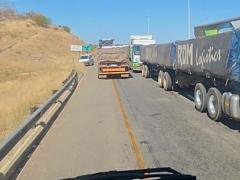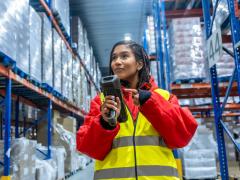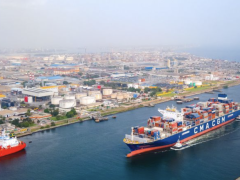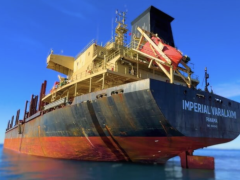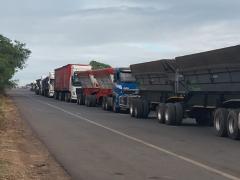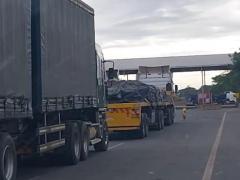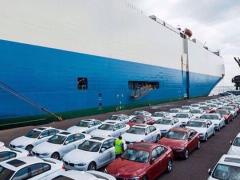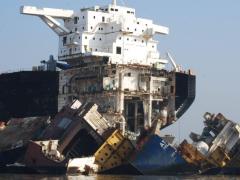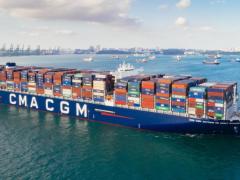Many warehouse operators are looking at revamping their premises and operations rather than moving, according to Martin Bailey of Industrial Logistic Services (ILS).
Companies wary of investing in new facilities due to global and local political and trade uncertainty and the cost of moving, are finding that refurbishing can be a more cost-effective option, he told Freight News.
Operators are looking at making existing facilities more efficient rather than building new infrastructure.
- Read the full article in our "Warehousing" feature, available this Friday, October 3.



